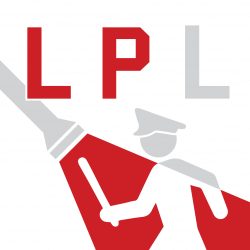The Citizens’ Network of Protection (CNP) is a nonprofit organization established to assist residents with filing complaints against police officers’ misconduct. CNP conducts educational events covering citizens’ rights. CNP created a proposal that promotes police accountability, transparency, and oversight, which lays the foundation for a mechanism that residents can use in dealing with police misconduct.
CNP’s goals include promoting racial and economic justice within the legal system, preventing government overreach and abuse in the area of law enforcement, and upholding civil rights within the community. CNP will work to identify community stakeholders and work with them to form alliances to actively elevate the work and leadership of communities directly impacted by injustice in law enforcement.
CNP’s activities are only possible through contributions, grants, fundraising, volunteer time, and nominal fees to subsidize legal services.

Services
1). Provide one-on-one counseling sessions with complainants of police misconduct as the first step of the client intake process. From this initial meeting, CNP will discuss the next steps in the complainant’s case.
2). Assist citizens with writing up complaints against the Evanston Police Department. CNP will inform the complainant of the process, educate the complainant about his or her rights as a complainant, and be an advocate for the complainant at every step of the process, including hearings and appeals. CNP will also assist the complainant in obtaining relevant paperwork and evidence related to the complaint, such as body camera footage, police reports, and witness statements.
3). Assist complainants to identify the relevant legal issues and police department policies that have bearing on their complaints.
• Pending/Services not yet available) Assist families with children under 21 years of age that have a run-in with the law in the form of police, school, or other institutions free of charge and help the children understand the legal process, rules and regulations, and their rights.
• (Pending/Services not yet available) Assist individuals ages 22 and up for a small fee starting that have run-in with the law in criminal, housing, and other legal matters.
1). Provide legal educational programing (including regarding constitutional rights) to give participants the skills and information needed to understand, protect, and exercise their legal rights. Topics covered would include police stops in schools and on the street, stop and frisk, search and seizure, gang suppression laws, gang databases and injunctions, understanding and negotiating legal and court proceedings from arrest through sentencing, immigration stops and deportation hearings, and post-conviction matters.
2). Conduct “know your rights” training and education, which would include showing the videos “Know Your Rights” and the “Ten Rules for Dealing with the Law Enforcement Departments”.
3). Provide nonpartisan research to the community so they can evaluate the effectiveness of the police department and systems of accountability.
4). Conduct community outreach, including the development, expansion, and implementation of community outreach programs (develop visual and written presentation materials, serve as a liaison to community groups, meet with constituents, and collaborate with others in the production and publication of newsletters, press releases, reports, and videos).
5). Participate and/or host public speaking presentations at community workshops, and present findings of research, evaluation, and policy analysis to diverse audiences.
1). Research and report on best practices in policing, relevant laws, police accountability systems, civilian police review boards, use of force and de-escalation training, policing of people with mental health, drug policy, and reducing racially disparate impacts of police policies and objectives, and analyzing the effectiveness of those methods and best practices.
2). Submit Freedom of Information Act (FOIA) requests to obtain information about the Evanston police department regarding matters such as stop and frisk, civil asset forfeiture, use of force directives, and history of complaints and lawsuits.
3). Identify areas of improvement in police department tactics and training based on information obtained through research, FOIA requests, community feedback, and Investigations.
4). Identify and meet stakeholders to craft solutions for improving the level of service that the police department provides to residents and visitors.
Board of Directors
President & Co-Founder

Betty Ester
Vice President

Elizabeth Meadows
Vice President
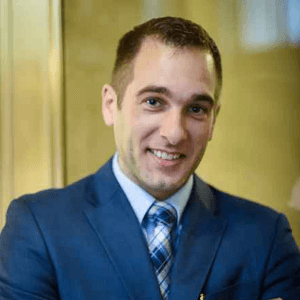
Austin Spillar
Treasurer

Denean Henry
Secretary

Carlis Sutton
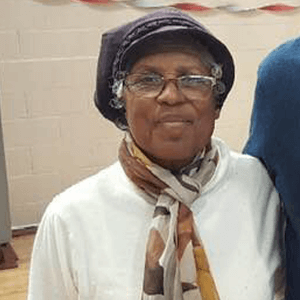
Priscilla Giles
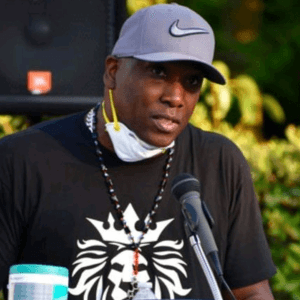
Kevin Brown

Nick Korzeniowski
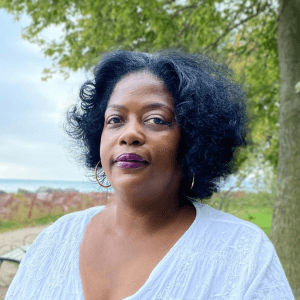
Darlene Cannon

Neal Weingarden

